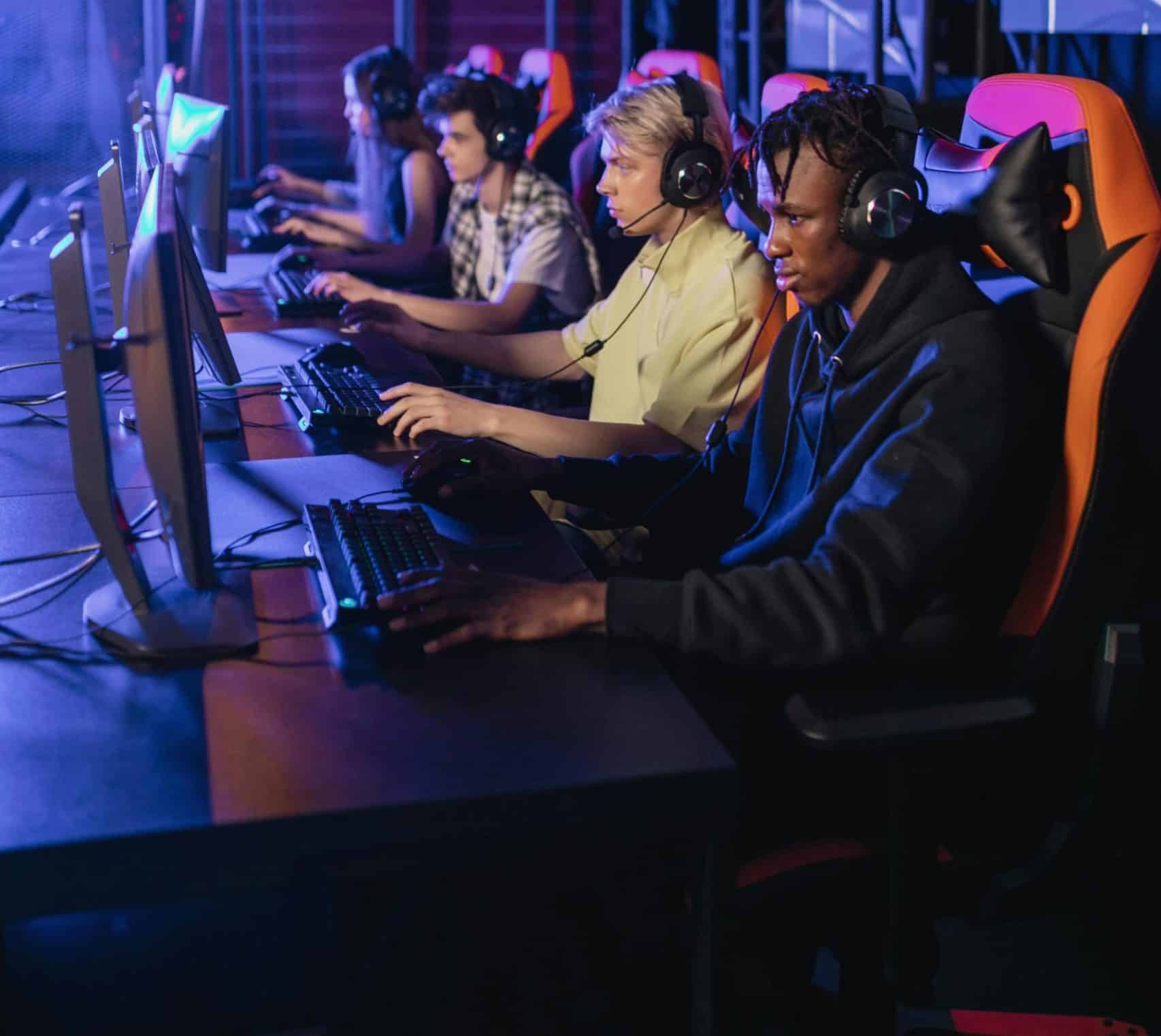How Does Participation in Competitive eSports Affect Adolescent Social Skills Development?

Schools have long recognized the power of sports and games in developing essential skills among students. Traditional sports have been seen as effective tools for discipline, teamwork, and health enhancement. However, as we progress further into the digital era, a new genre is taking this concept to a whole new level – eSports. With the rise of online gaming platforms like Google’s ‘Stadia’, the world of eSports has been revolutionalized. eSports is not just about competitive gaming anymore; it’s about community, connection, and the development of social skills for young players. The growth of eSports as a scholar activity has been remarkable, and just like its physical counterparts, it is also influencing the social skills development of young players.
eSports and the Rising Scholar Culture
Esports, in the last few years, have turned from being a leisure activity to becoming a recognized scholar activity. Universities offer scholarships for eSports players, and high schools have begun recognizing their value in youth development. Google’s collaboration with schools and colleges to promote competitive gaming as a scholar activity has increased the reach of eSports among young players.
A découvrir également : Can Intentional Daylight Exposure Help Regulate Circadian Rhythms in Night Shift Workers?
The increased exposure to online gaming platforms and competitive eSports has a significant impact on the development of social skills among adolescents. Unlike traditional games, eSports require the players to engage in constant communication, cooperation, and team-based strategies. The online gaming environment fosters these skills among the players, making them adept at social interaction, even in the virtual world.
The growth of scholar eSports has also led to the creation of online communities where players can connect with others who share the same interest. These communities foster a sense of belonging and help adolescents develop their social identity.
En parallèle : What Are the Best Approaches to Reduce Needle Phobia in Pediatric Patients?
The Role of eSports in Social Skills Development
Esports have a substantial role in social skills development among adolescents. As players engage in video games, they learn valuable skills such as team collaboration, decision-making, and leadership. The world of eSports is also known for its diverse player base, which can help adolescents develop cross-cultural understanding and acceptance.
In a study published in Crossref, participating in eSports was found to enhance communication skills and team play capabilities. It also highlighted that playing in eSports can help students develop better coping mechanisms to deal with stress and anxiety.
The online environment also teaches the players to respect different viewpoints and work towards a common goal. The competitive nature of these games encourages players to learn from their mistakes and improve continuously, fostering a growth mindset.
eSports and Team Collaboration
One of the most significant benefits of participation in eSports is the enhancement of team collaboration skills. Players need to work with their team members to strategize and win, just like in traditional sports. This promotes cooperation, communication, and mutual respect among the players.
A study from Pubmed showed that eSports players tend to have better team collaboration skills compared to those who don’t play. The study also suggested that these skills are transferable to real-life situations, enabling the players to have better teamwork capabilities in their school or workplace.
Health and Wellness in the eSports Realm
While traditional sports are known to foster physical health, eSports contribute to mental health. The online platforms provide a space for adolescents to escape reality momentarily and cope with stress. Playing video games can also stimulate the brain and improve cognitive functions.
However, it’s important to balance eSports with physical activities to maintain overall health. Schools incorporating eSports into their curriculum should also focus on promoting physical wellness to prevent the potential negative effects of prolonged gaming.
The Potential Pitfalls
Despite the numerous benefits of eSports, there are potential pitfalls that schools and parents need to be aware of. Excessive gaming can lead to addiction, leading to a negative impact on the players’ academic performance and social life. There can also be issues with cyberbullying within the online gaming community.
To counter these potential issues, schools should create a structured environment for eSports, setting specific times for gaming and ensuring that the players also focus on their academics. Parents should also monitor their child’s online activity to prevent any potential cyber threats.
In conclusion, the rise of eSports as a scholar activity is revolutionizing the way we look at video games. With the right balance and structure, participation in eSports can significantly enhance the social skills development of adolescents. It’s not just about winning the game; it’s about winning in life.
Building Social Competencies through eSports
eSports enables adolescents to build essential social competencies in a fun, engaging, and innovative way. The unique environment of competitive online gaming fosters communication, teamwork, and leadership skills. Just like traditional sports, eSports demands team collaboration, strategic thinking, and mutual respect, thereby reinforcing these key social skills among young players.
Through platforms like Google Scholar, young people are exposed to a range of scholarly articles that highlight the benefits and potential pitfalls of eSports. A study on Crossref Google emphasized the role of video games in enhancing team play capabilities and communication skills. The full text of the study further highlighted how participation in eSports helps students develop coping mechanisms for stress and anxiety.
eSports is a community-driven activity. The digital nature of eSports allows players to connect with a diverse player base, fostering cross-cultural understanding and acceptance. The Crossref full text in Pubmed Crossref elucidates how these online communities provide a sense of belonging and aid young adults in shaping their social identities.
Negative Aspects of eSports and Measures to Address Them
While the benefits of eSports are manifold, potential pitfalls cannot be ignored. Excessive gaming can lead to addiction, causing a detrimental effect on academic performance and social interactions. Cyberbullying is another issue within the online gaming community that can have a negative impact on the mental health of young players.
Schools and parents play a vital role in mitigating these potential issues. Schools should establish guidelines for eSports participation, ensuring a balance between gaming and academic pursuits. Parents should monitor their child’s online activities to safeguard them from cyber threats.
It’s also crucial to ensure that students engaged in eSports also participate in physical activity to maintain overall health. Schools can establish programs that promote physical wellness alongside eSports to create a balanced curriculum.
Conclusion
The growth of eSports as a recognized scholar activity is transforming the perception of video games. With its potential to enhance the social skills of adolescents, eSports is not merely about gaming, but about building life skills. However, the potential pitfalls of excessive gaming and cyberbullying must be addressed. With the right balance, structure, and parental guidance, the world of eSports can offer a holistic and enriching experience to young players.
In essence, the rise of eSports is not about winning the game, but about equipping young adults with the skills to win in life. As the eSports team in a high school gears up for their next tournament, they aren’t just playing a video game, they’re learning to communicate, collaborate, strategize, and grow – skills that will serve them well beyond the digital battlefield.
